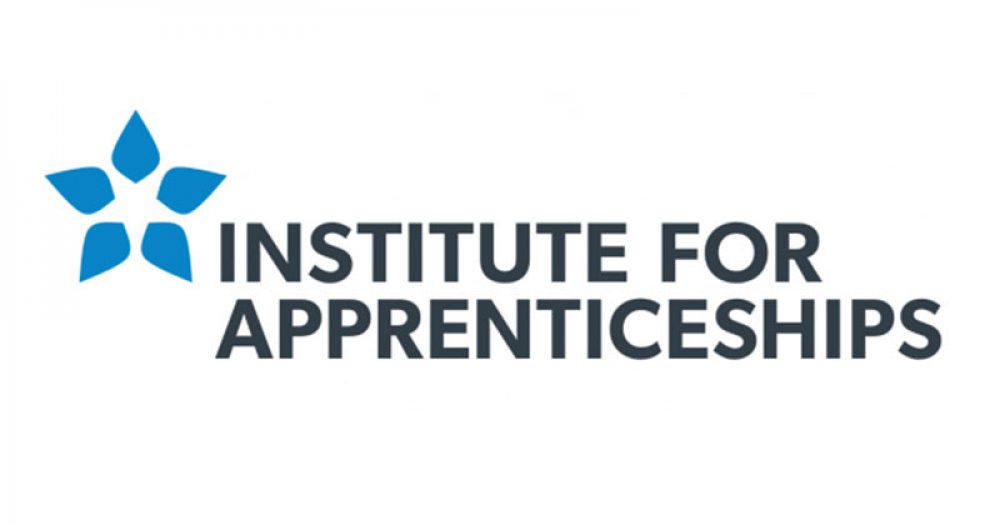The Institute for Apprenticeships is on the hunt for yet more experts – but this time they will be paid.
Adverts for up to 80 anonymous peer-reviewers for apprenticeship standards and assessment plans appeared on the Cabinet Office website today, and will pay £200 per “individual submission” completed.
Reviewers will remain anonymous so they can “give full and objective feedback”.
“Names of peer reviewers will not be disclosed in line with the Data Protection Act 1988,” the advert said.
These peer reviewers will be appointed in addition to the institute’s advisory panels, advertised in June – and a wider range of applicants is sought.
Applicants can be “experts from employers, professional bodies, trade associations, business representative bodies and assessment organisations” – but it said “applications from individuals from industry regulatory bodies, academia, and training organisations are also welcomed”.
Mark Dawe, AELP’s chief executive, described this as evidence of a “a sea change in approach”.
“The government now recognises that training providers with in-depth knowledge of a sector have much to offer in advising on the apprenticeship reforms,” he said. “Fewer issues are likely to arise if the advice of provider experts is taken on board by the policymakers.”
Reviewers will be expected to provide feedback on “whether the learner would reach full occupational competence by completing the apprenticeship standard” and “whether an end-point assessment validly determines occupational competence”.
That feedback will be used by the advisory panels to help inform their recommendations “on whether to approve or reject standards and assessment plans”.
It’s only been a month since the IfA started searching for 150 industry experts to join its 15 “prestigious employer-led groups” to advice on the development of apprenticeship standards.
The names of the 15 people who will lead these panels were announced in April.
The June adverts worried some in the sector over a lack of “joined up decisions”, as it emerged that these 15 panels would be separate from those being set up by the Department for Education to advise on T-levels – even though the routes are the same.
FE Week later learned that nobody had yet been appointed to the DfE’s panels – despite the roles being advertised in January.








Your thoughts